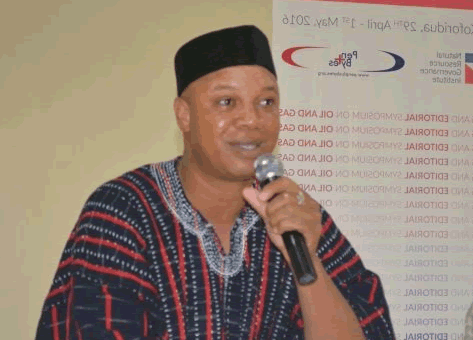


The Managing Director of Ghana Water Limited (GWL), Mr Adam Mutawakilu, says declaring a state of emergency in parts of the country affected by illegal mining will not provide a lasting solution to Ghana’s deteriorating water bodies.
Mr. Mutawakilu, speaking at a press conference in Accra on Monday on the effects of siltation on the company’s operations, said although illegal mining, or galamsey, remained a major contributor to pollution and siltation, the problem extended beyond mining and required sustained, practical interventions rather than temporary restrictions.
“Declaring a state of emergency will not stop illegal mining,” he said, and that “If you declare a state of emergency in one area, the miners will simply migrate to another. At the end of the day, the whole country will be in a state of emergency. What we need are pragmatic and permanent measures that will sustain the fight.”
He explained that while the government’s anti-illegal mining efforts, including the National Anti-Illegal Mining Operations Secretariat (NAIMOS), had yielded positive results in reducing pollution and improving surface water clarity, riverbeds remained heavily silted and continued to threaten the operation of the company’s treatment plants.
Mr. Mutawakilu commended President John Dramani Mahama for instituting measures such as the registration and tracking of excavators used in mining and the deployment of security task forces under NAIMOS.
“We are seeing some progress in reducing turbidity, but the rivers are still filled with silt. Without sustained desilting operations, our pumps will continue to struggle to deliver quality water.”
He cautioned against seeing the problem solely through the lens of illegal mining, stressing that other human activities were equally damaging.
He noted that, “It is not only illegal mining that silts our treatment plants,” he said. “Sand winning, construction along riverbanks, farming too close to water bodies, and refuse dumping are also major causes. Even in regions without illegal mining, siltation is taking place.”
The Managing Director explained that most of GWL’s treatment intakes, including those at Owabi, Mampong, Kwanyako, Daboase, Sekyere Hemang, Bonsa, Nsawam, Anyinam, Kibi, Osino, Akim Oda, Odaso, Konongo, Jambusie, Kpeve, Agordome, and Dalun, were heavily silted, reducing water flow and treatment capacity.
He said, “Our pumps are literally buried in mud…At some stations, we can no longer pump during the dry season because the intake points dry up. Even when water is available, it carries so much silt that we end up burning more energy and replacing equipment more frequently.”
Mr Mutawakilu emphasised that Ghana Water Limited had already spent significant amounts on emergency dredging just to keep some of its plants functional.
According to the MD, “Last year, we spent GH¢64 million on dredging at Owabi and another GH¢13.8 million at Mampong,” he said. “Those were not planned expenditures. They were emergency measures to keep the channels open.”
The company, he said, was currently seeking GH? 300 million to undertake a comprehensive desilting exercise across all treatment intakes, excluding Barekese, which requires a separate large-scale intervention due to its volume of accumulated silt.
He said: “We are asking for support from Corporate Ghana, development partners, and government institutions to help us desilt these intakes,” he said. “This is not a Ghana Water problem; it is a national water security issue. Every sector, industry, health, education, and agriculture, depends on clean, reliable water.”
He also warned that if the current levels of siltation persist, the company’s ability to meet demand during the dry season would be severely compromised.
Mr. Mutawakilu commended the efforts of the Ministry of Lands and Natural Resources, led by Mr. Emmanuel Kofi Buah, and the Ministry of Sanitation and Water Resources, under Mr. Kenneth Gilbert Adjei, for their continued collaboration with Ghana Water Limited to safeguard water bodies.
He, however, urged all stakeholders to adopt a unified approach that balanced enforcement with long-term rehabilitation. “We can’t fight illegal mining today and neglect the sediment tomorrow. We must couple enforcement with desilting and catchment recovery,” he stressed.
The Managing Director said GWL’s 24-month Catchment Recovery Plan was designed to tackle the problem at the source by stabilising riverbanks, re-vegetating erosion-prone areas, dredging intake channels, and engaging local communities to preserve buffer zones.
He said the plan, if adequately supported, would not only restore production capacity but also reduce treatment costs and energy consumption.
Source: GNA
The post Declaring state of emergency not sustainable in tackling illegal mining — Ghana Water MD appeared first on Ghana Business News.
Read Full Story

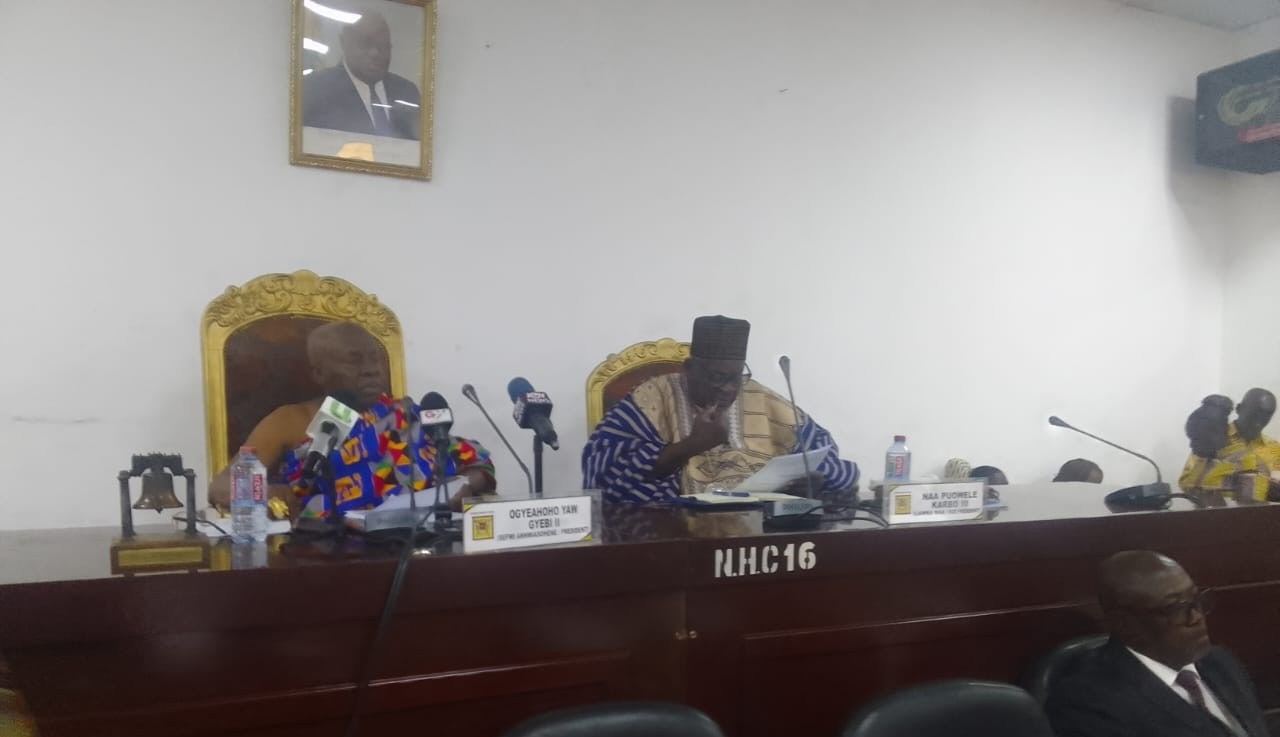

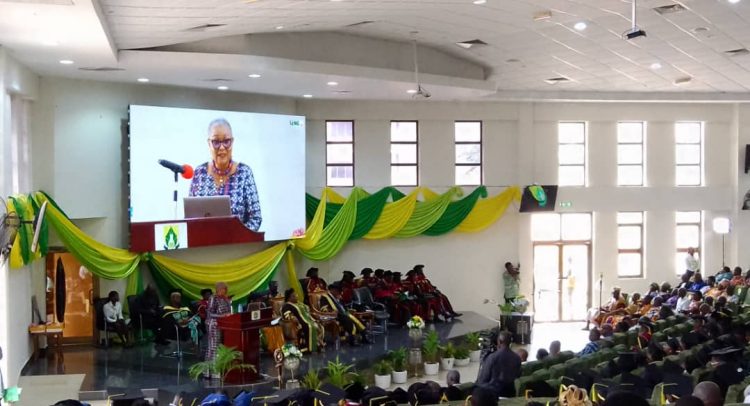

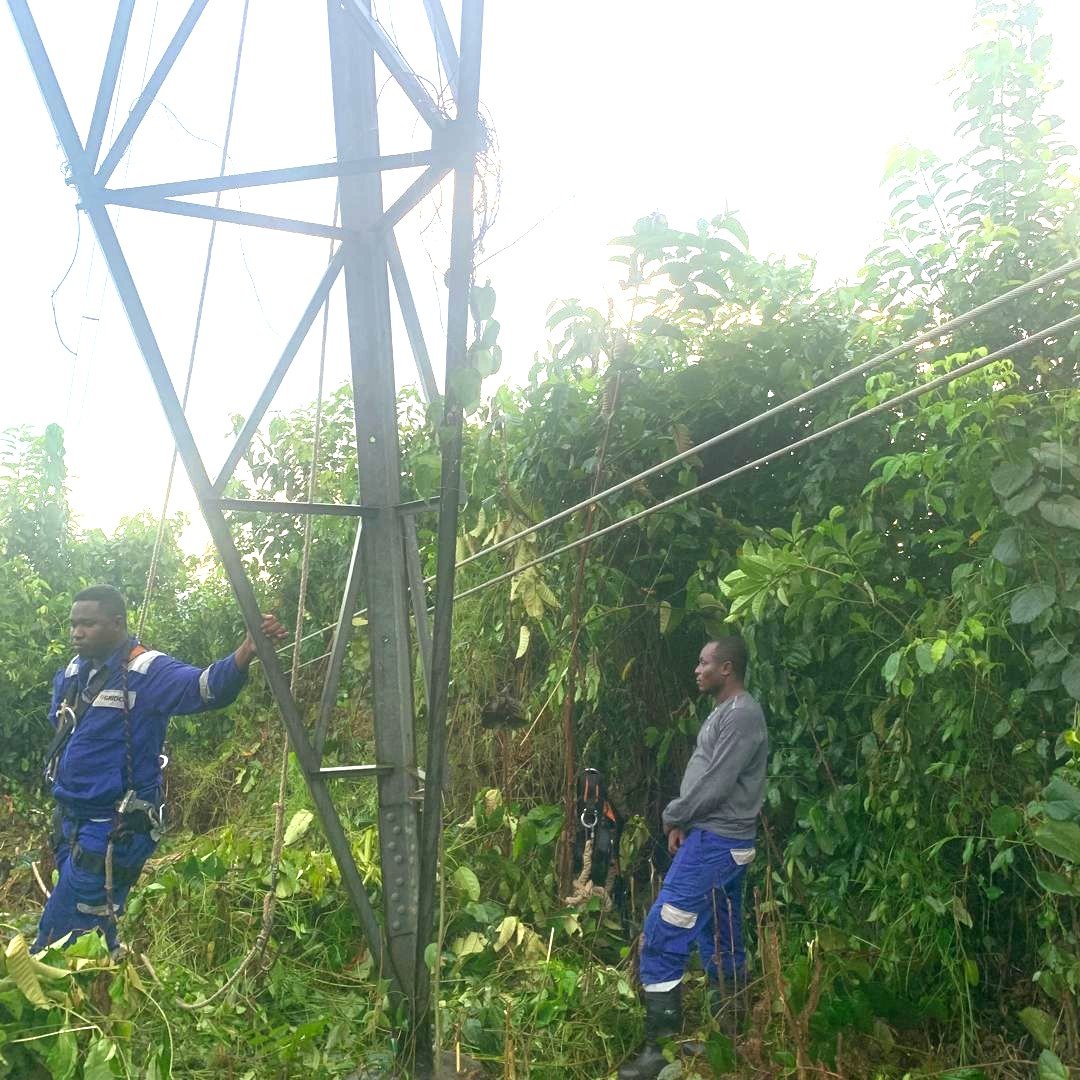


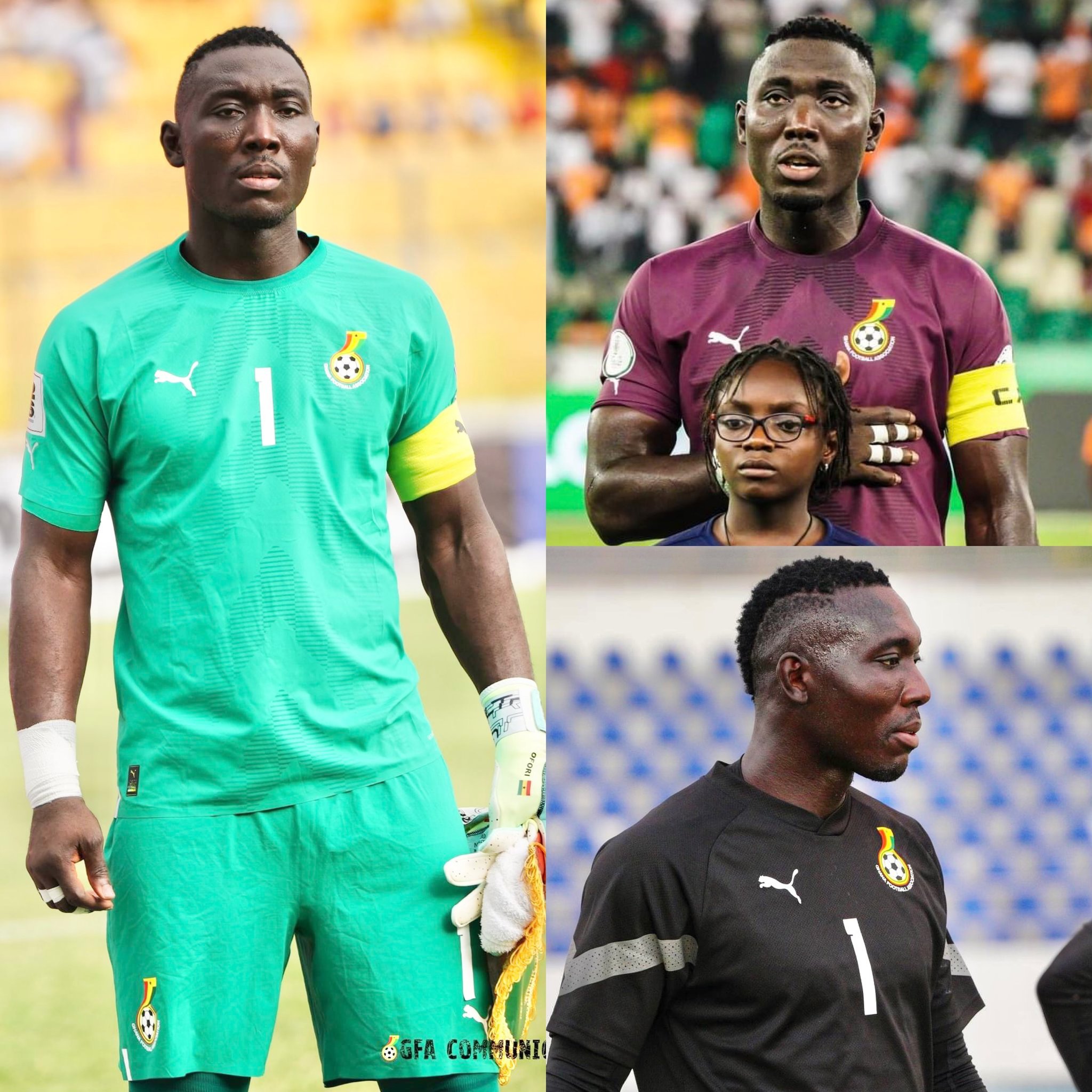

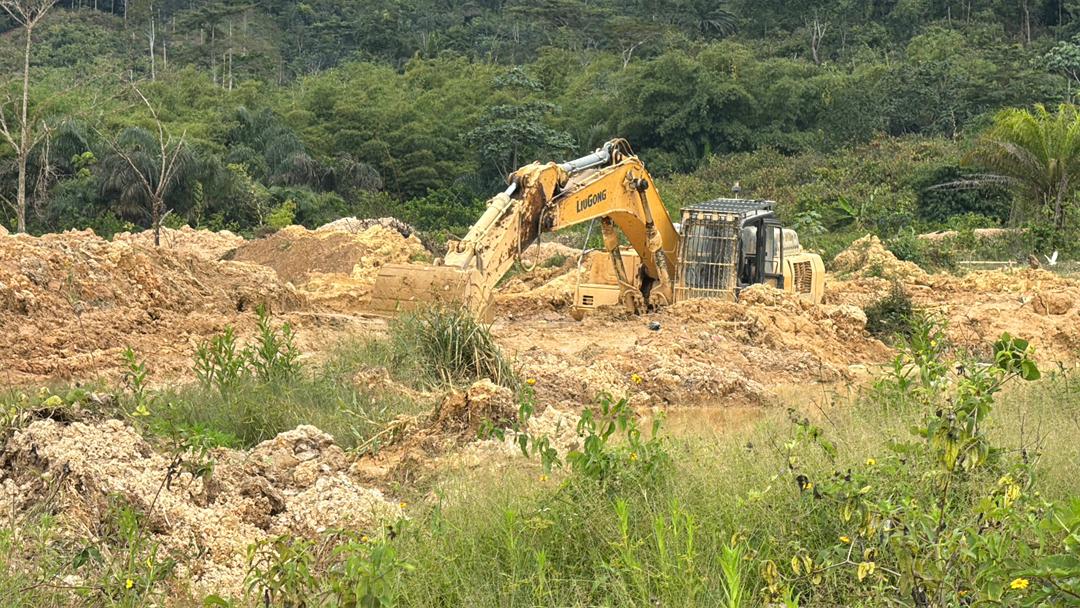







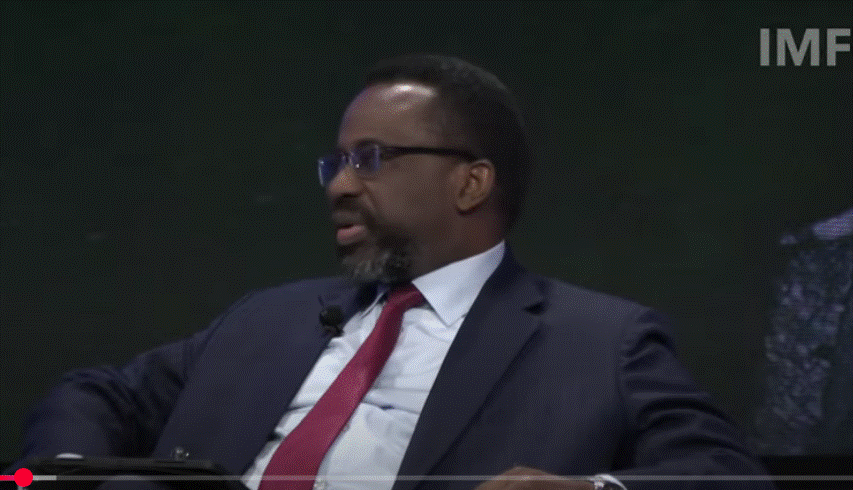



Facebook
Twitter
Pinterest
Instagram
Google+
YouTube
LinkedIn
RSS